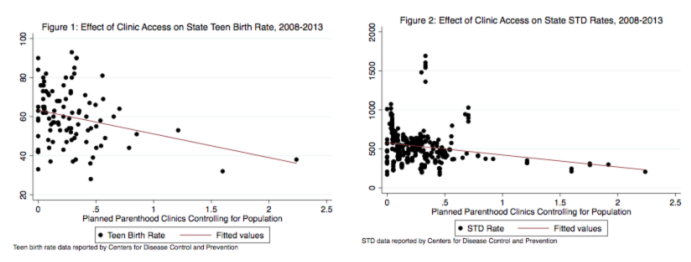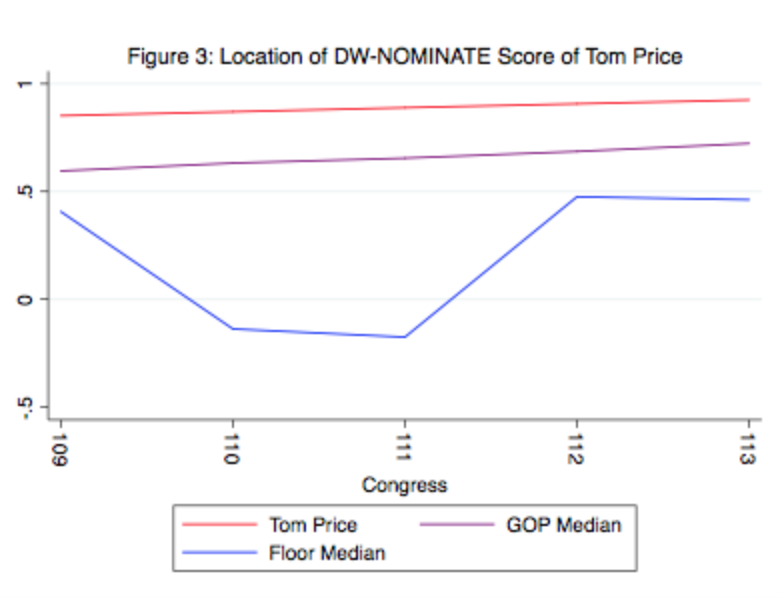The reaction was, in hindsight, predictable. The students didn’t care. The teachers politely indulged in my admittedly harmless delusion that I was the official purveyor of political news.
“Did you know that Clinton won???”
“Wow, I hadn’t heard that! Pretty great…” they say, nodding along and smiling.
I didn’t know Bill Clinton’s economic platform. I had a vague recollection of watching him sexily play the saxophone. But watching my mom watching the results at the end of what had been a really difficult year for us, I could tell that things were feeling possible again. And to paraphrase his theme song, at that moment we began thinking about tomorrow.
Like many, though amused by the late-night humor that emerged from the 2000 election cycle, I stood aghast as I watched the 2000 election night and the resolution of the Florida recount, which I sometimes have the misfortune of reliving when I teach Bush v. Gore in my Constitutional Law classes.
537 votes.
537 votes in a state that at the time had a population of just over 16 million.
Though I have not lived much of my life in key states or districts, I have (for better and worse) always been in love with political participation, whether that meant pestering high school teachers to vote on key ballot measures when I was not yet 18, informing (okay, maybe “informing”) high school teachers about key issues on the legislative agenda about which they should call Senators Feinstein and Boxer, “informing” Iowa voters of the importance of caucus participation, or knocking on doors and phone banking for the 2004 presidential election cycle (I was 24 days too young to vote in the 2004 election – not that I was counting – and I was skeptical that I’d successfully petition for my voting rights on the grounds that I would have been eligible to vote if I’d been born on time).
I remember the night of November 2nd/early morning November 3rd, a night on which I had at that point never before cried so inconsolably, and counted down the days until I could register to vote on my 18th birthday. And as the conflict in Iraq intensified and as I watched people I knew go off to Baghdad, I wondered how many more Democratic voters in Ohio could have made the difference.
But the truth is, voting is not just about calculating the extent to which our vote will be pivotal. It is about civic duty. And it’s about joining the chorus of the millions standing up injustice that we see in our communities and the nation as a whole. And it’s about supporting candidates and policy agendas that we think will help us to build a better tomorrow.
This has never resonated with me more than one a civil rights trip that I took through the Deep South when I was 18. It began with meeting civil rights icon and Congressman John Lewis, with whom I talked about how not to get disillusioned in the face of electoral defeat or the murder of movement leaders. We walked across the Edmund Pettus Bridge, the site of Bloody Sunday, during which Congressman Lewis’s skull was fractured amid the beatings of white supremacist police forces. And we went to grave of James Chaney, one of the slain civil rights workers in Freedom Summer.
And when graduating high school and receiving the social studies award from my favorite teacher, in roasting me he said that being my teacher meant that the day started with a list of important things that were going on in the news, lunch involved getting a couple of op-eds to read, and the school day ended getting a list of senators to call about issues on the legislative agenda. And he said I was the only student he had had who cried watching documentaries about voting rights.
To be honest, I haven’t changed much in the last 13 years.
And while I try to limit the extent to which my partisan preferences show in class, I am unabashed in my effort to instill in my students the importance of voting, a right for which people have died or been beaten in our parents’ lifetimes. Indeed, when teaching Constitutional Law and going over voting rights, I give my students the notorious Louisiana literacy test as an in-class activity without telling them beforehand what it is. Their responses are consistently some combination of being befuddled and aghast. And I remind them of how recently these were administered. (When I give them the Alabama literacy test, which had absurdly detailed questions about American government – e.g., “Of the original 13 states, the one with the largest representation in the first Congress was ____”, “If a state is a party to a case, the Constitution provides that original jurisdiction shall be in ____”, and “If it were proposed to join Alabama and Mississippi to form one state, what group would have to vote approval in order for this to be done?” – my students generally mistake it for a citizenship test.)
Despite some Americans’ fantasies that race-based discrimination is a thing of the past – hey, Chief Justice John Roberts seems to think so! – the reality is that these atrocities were within my parents’ lifetime. What’s more, subtler tactics have persisted, even exacerbated with Kris Kobach, Brian Kemp, and others’ efforts at voter suppression and the fueling of voter fraud conspiracies to justify restrictive measures. And while courts have struck down some of the egregious voting maps and voter suppression tactics, some remain intact and others may be discouraged that the election may already be rigged.
In Shelby County v. Holder, the Supreme Court invalidated the formula according to which states with histories of discriminatory voting practices had to first petition the federal government for approval (that is, this preclearance mechanism helped to stop discriminatory practices before they went into effect), and southern states have taken notice. Indeed, Kemp’s efforts to secure the governorship (while administering the election as Georgia’s Secretary of States) look like Jim Crow by another name.
We have read about the civil rights movement in history and political science textbooks. And many of us have wondered what we ourselves would have done if living in that time.
Now is the time to find out.
I have waited in long lines to vote, and I have never missed an election, even the seemingly endless special elections and ballot propositions when I was voting absentee in California. When I lived in St. Louis I cast my ballot for Hillary Clinton in the Missouri primary while I was still in the intensive care unit. I had just regained consciousness, realized it was Election Day, and pleaded with the hospital staff to help me to vote. (Incidentally, that did turn out to be an extraordinarily close election.)
At the end of the day, my votes have not been conditional upon my expectation that my vote would make the difference in the election of Barack Obama versus John McCain or Mitt Romney, Jerry Brown versus Meg Whitman, Hillary Clinton versus Donald Trump, Ned Lamont versus Bob Stefanowski.
It has been because of a sense of civic duty to use this voice that I have to support the candidacies of those I support, and who will help to move America forward and knock down barriers to our most sacred right in our democracy. And it is because of my memory of walking across the Edmund Pettus Bridge and the exchange that Congressman Lewis had with a fellow civil rights activist. “Can you swim?” Hosea Williams asked Lewis as they saw the state troopers ahead of them. Lewis didn’t know how to swim, and he pressed on in the march, to be bloodied and beaten in defense of the right to vote.
These fights cannot have been in vain.
Vote. Vote like our democracy depends on it, because it does.


 RSS Feed
RSS Feed